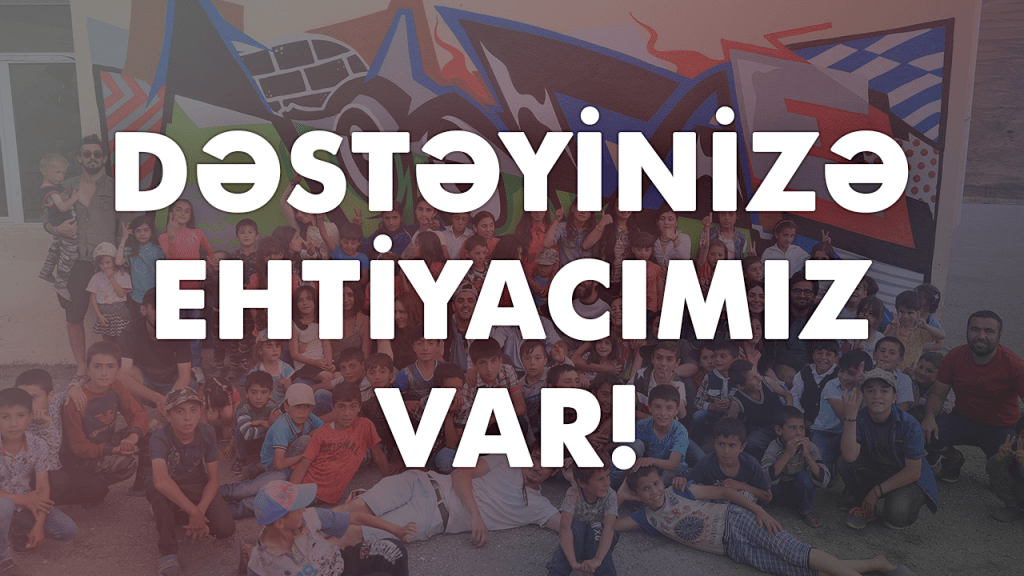The Géricault’s shipwreck revisited. On Refugees and Migrants

Goethe-Zentrum Baku to open autumn programme with an exhibition on refugees and migrants
The number of people fleeing from war, persecution and economic distress has never been so great: the current toll has reached almost 60 million people around the world. On average, 42,500 people were fleeing each day in 2017.
The global migration, almost biblical in dimensions, is fueled not only by wars and internal conflicts, but also by climate change and – last but not least – unprecedented demographic growth.
The refugees who are currently arriving in Europe are probably only the first precursors of a major wave of migration.
The Géricault’s shipwreck revisited. On Refugees and Migrants exhibition curated by Goethe-Zentrum Director Alfons Hug and Asli Samadova addresses the phenomena of migration and flight with artistic means, centering on a poetic approach to the problem. By doing so, the refugees regain their individual
voice and history, thus emancipate from the anonymous mass in which they normally appear.
If the mass media exploit this subject in a lurid, sensationalist manner, artists will produce counter-images and play softer tones in a way that allows the refugees to retain their dignity.
Arjan Martins traces in his large mural painting historical migrations in the Atlantic ocean including the routes of the slave trade on the so-called middle passage. Sitara Ibrahimova closeup study of individual migration reveals a fascinating story of today’s Kerkenj village inhabitants who during the escalation of Nagorno-Karabakh war have exchanged their homes in Qizil Shafaq (Red
Dawn) village in Northern Armenia, with Armenians who previously lived in Kerkenj. Adad Hannah and Marcel Odenbach both quote in their videos the painting “The raft of the Medusa” by Théodore Géricault, who depicted the moment from aftermath of the wreck of French naval frigate near the coast of today’s Mauritania. Omar Victor Diop re-enacts in a series of self-portraits black freedom movements in Africa and North America.
The exhibition opens at 19:00 on Saturday, September 22, 2018 at Kapellhaus (35, 28 May street) and lasts till November 18. Exhibition regular hours are Wednesday – Sunday, 14:00 to 20:00. Free admission.





